National culture

Potato Chip Can Inventor’s Ashes Stored in His Own Creation
Frederick Baur invented the potato chip can in 1966, a design that allowed chips to be neatly stacked. Proud of his creation, he requested before his death that his ashes be placed in one of his own cans.
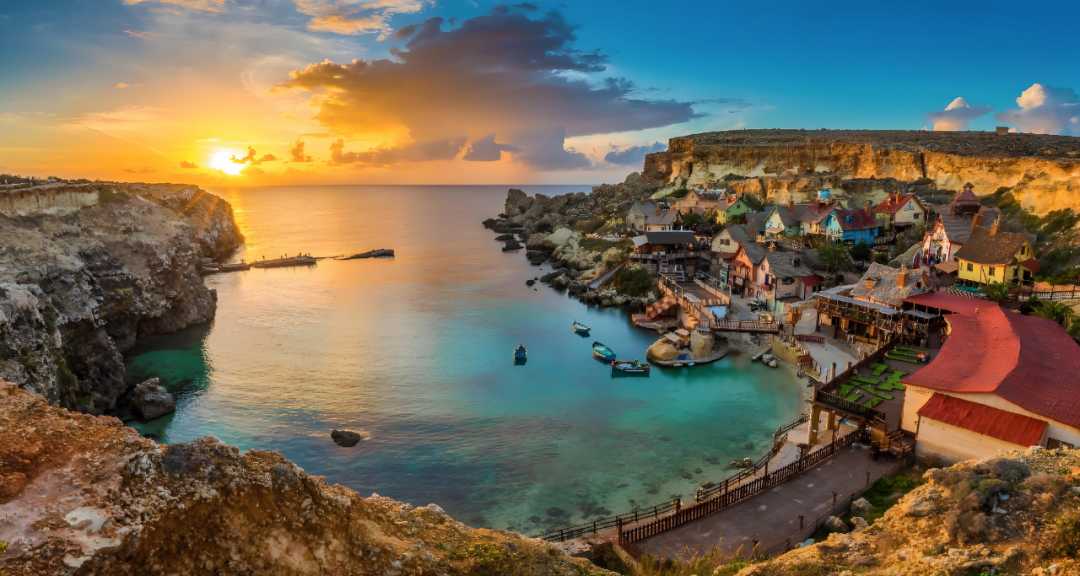
Malta: A Sunlit Immigration Hub for English Speakers, With Caveats
Malta, where English is an official language, has emerged as a prime destination for expats, thanks to its warm Mediterranean climate, high-quality healthcare, strong safety record, and low tax rates. These attributes make it particularly appealing to those seeking a sun-filled lifestyle, tax advantages, and the convenience of communicating in English.

Nepal’s Struggle Amidst Splendor: Poverty and Inequality in the Himalayas
Nestled in the Himalayas, Nepal—once a South Asian power and birthplace of Buddhism—now grapples with stark poverty. Despite its rich cultural heritage, the country faces severe economic challenges, with a 2024 GDP per capita of $1,436 , leaving many households surviving on just $100 monthly. Over a quarter of its population lives below the poverty line, while rising living costs exacerbate daily hardships .

Syria: From Cradle of Civilizations to War - Torn Ruins
Syria, a land steeped in ancient history, is the birthplace of Babylonian civilization, Mesopotamian culture, the Assyrian Empire, and the Phoenician Kingdom. Yet today, much of it lies in ruins, a casualty of prolonged conflict.
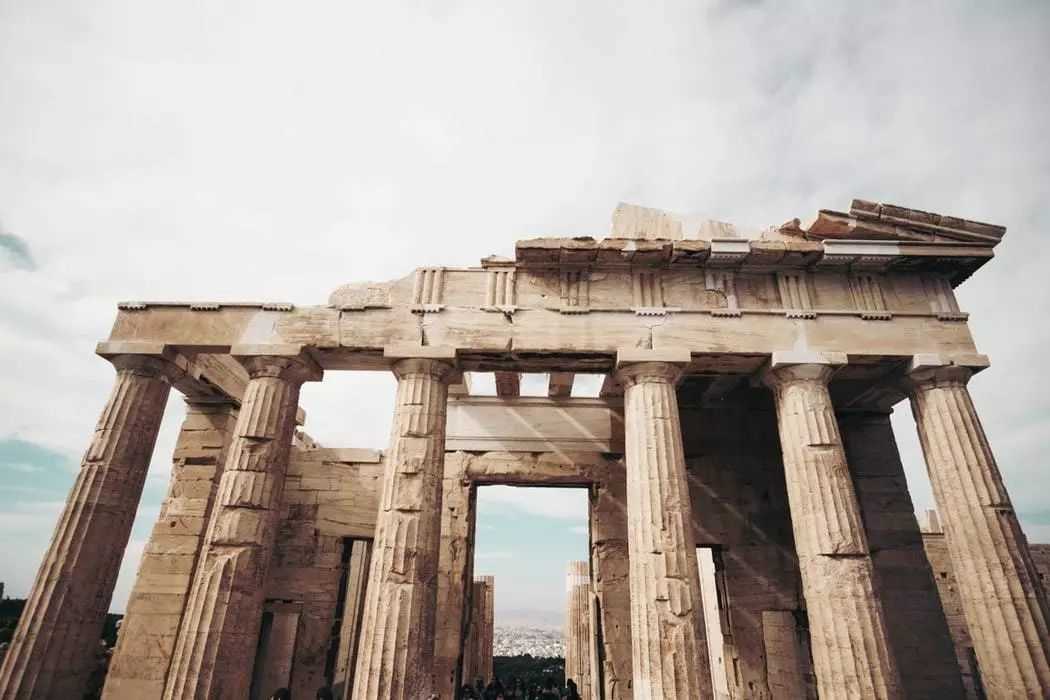
Greece Bans High Heels at Ancient Sites
Greece, a nation renowned for its rich historical heritage and ancient archaeological sites, has implemented a unique regulation that prohibits visitors from wearing high heels at these precious locations. This rule aims to safeguard the integrity of its invaluable ancient ruins, which attract millions of tourists worldwide each year.

British Farmers Required to Provide Toys for Their Pigs
In a rather unique regulation in the United Kingdom, farmers are now obligated to provide toys for their pigs. This new requirement is part of a series of animal welfare measures aimed at ensuring the well - being of livestock.

In Nepal, Nods Mean No and Shakes Mean Yes
When traveling to Nepal, visitors are often surprised to discover a significant difference in non - verbal communication. In this South Asian nation, the common gestures of nodding and shaking the head carry meanings that are the opposite of what many people around the world are accustomed to.
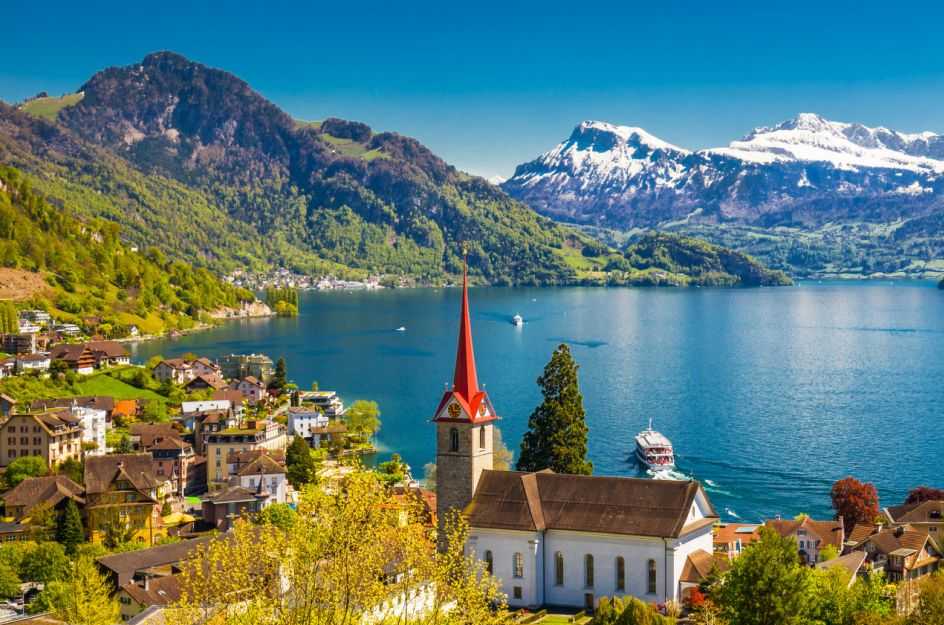
Switzerland's Unusual Rule: No Flushing Toilets After 10 PM
In Switzerland, visitors and residents alike are often surprised to learn about a rather peculiar regulation: flushing toilets after 10 PM is strictly prohibited in many areas. This unusual law reflects the local government's prioritization of noise pollution control over concerns about olfactory discomfort, showcasing a unique approach to maintaining public well - being.

Brazil: Mountain Climbing for Happiness and Ear-Tugging Blessings
In Brazil, where New Year’s coincides with the height of summer, the celebrations blend natural joy with unique traditions. As the southern hemisphere welcomes the new year in sweltering heat, cities across the country light up with spectacular fireworks at midnight, painting the tropical sky in vibrant hues. But the most iconic ritual unfolds in the hills and mountains.
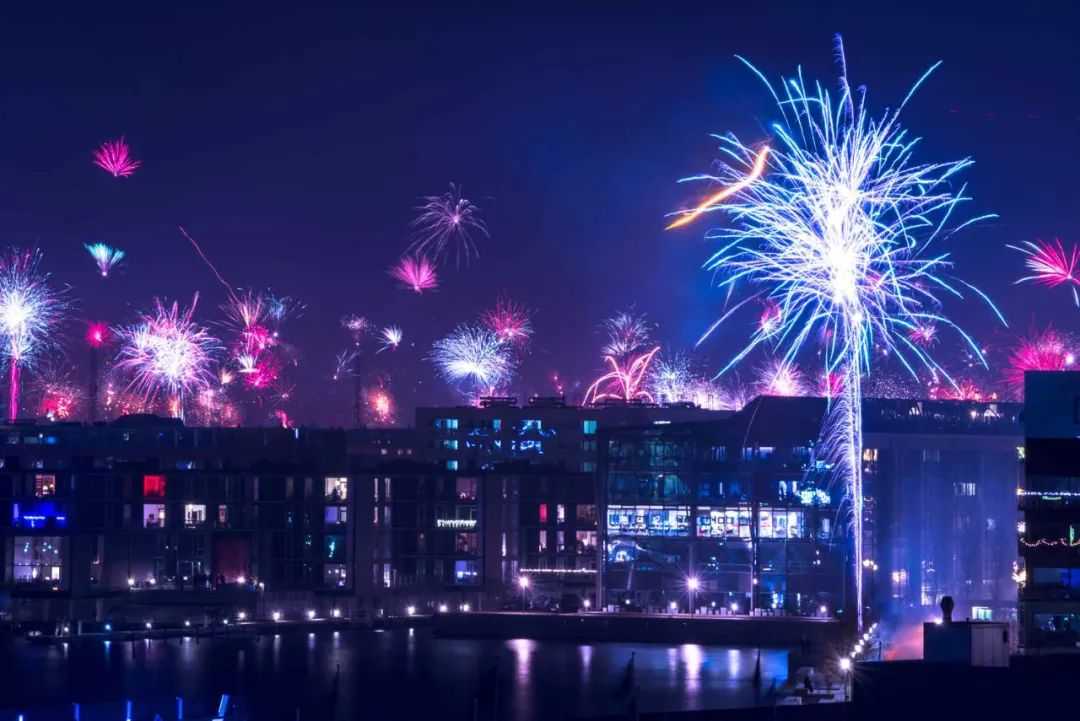
Denmark: Table-Jumping and Plate-Smashing Traditions
In Denmark, ringing in the new year is a literal leap into the future—quite literally. As the clock strikes midnight, Danes gather around tables and chairs, then spring off them with a cheer, symbolically "jumping into the new year." This energetic ritual is followed by fireworks lighting up the winter sky, blending playfulness with deep-rooted belief.
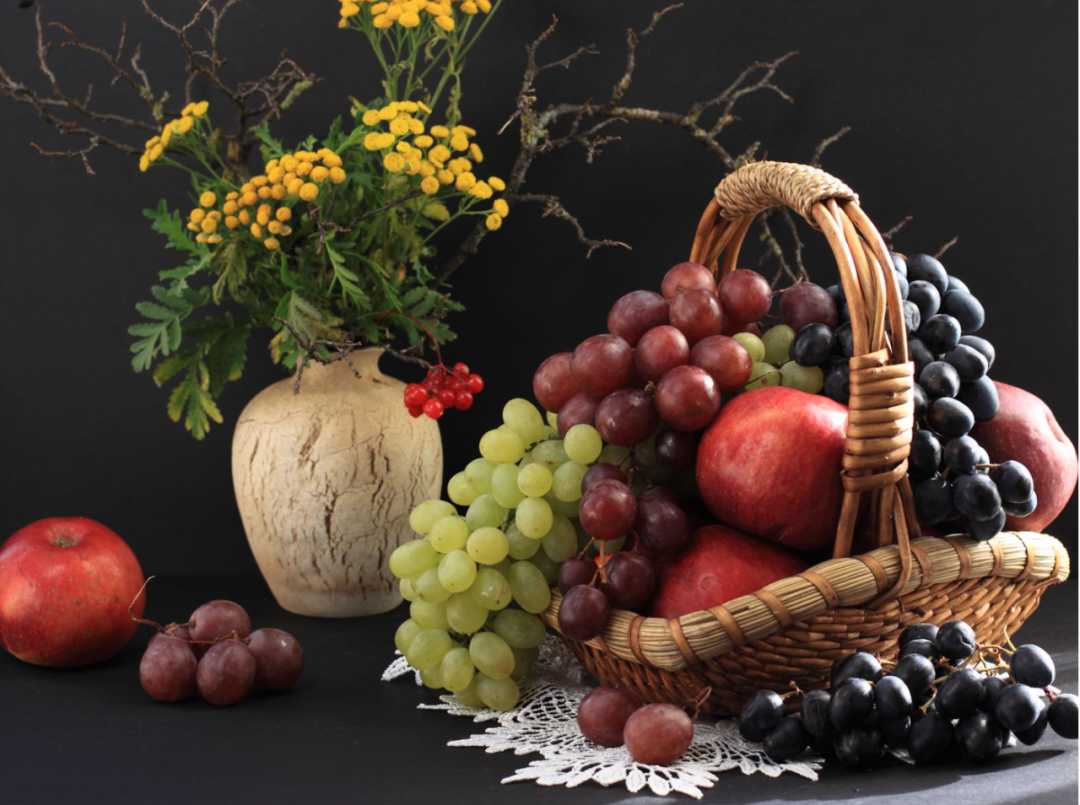
The Philippines: Round Fruits and Polka-Dot Attire
On New Year’s Eve, Filipino families adhere to a vibrant tradition centered on circular symbolism. A mandatory display of 12 round fruits—such as apples, grapes, and plums—takes center stage, each representing a month of the year. Shaped like coins, these fruits are believed to summon prosperity, with their roundness symbolizing the cyclical nature of good fortune and the hope for financial abundance.
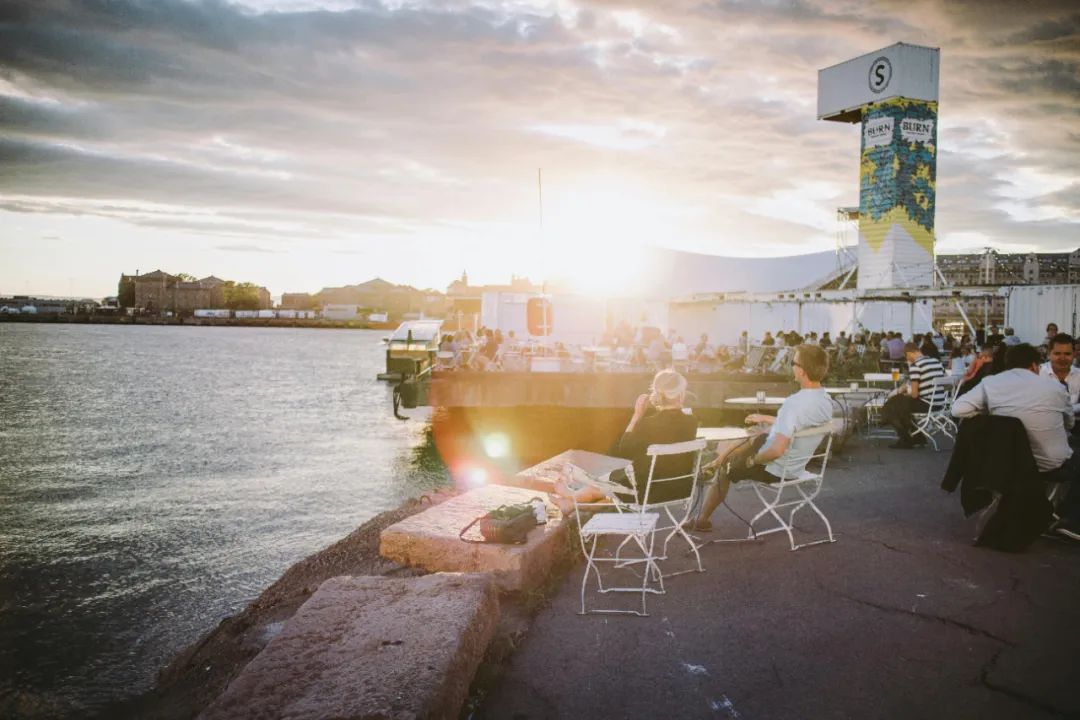
Norway's Generous Parental Leave Policies
Norway offers highly favorable parental leave policies for working parents. According to information from the European Commission, parents in Norway can choose between 49 weeks of full - pay parental benefits or 59 weeks of benefits at 80% of their salary. A certain proportion of the benefits is reserved for each parent.
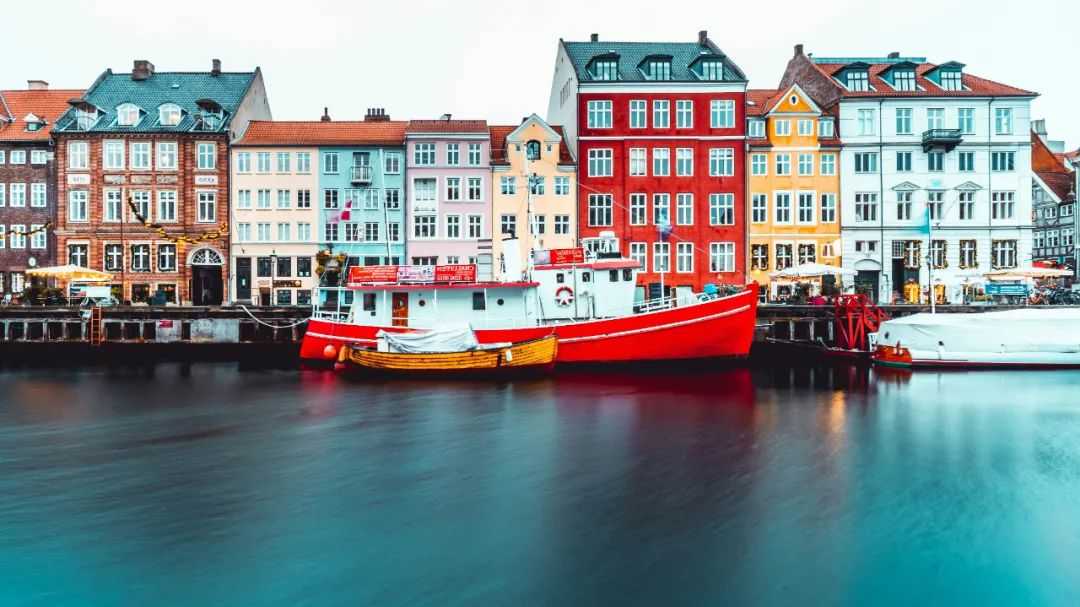
Denmark's Parental Leave and Childcare Policies
Denmark has a comprehensive set of family - friendly policies. According to the Nordic Cooperation website, for co - habiting parents, each is entitled to 24 weeks of paid parental leave after the birth of a child. If the mother takes leave before the due date, she can enjoy an additional 4 weeks of paid leave. Moreover, salaried employees can transfer up to 13 weeks of leave to their partners.